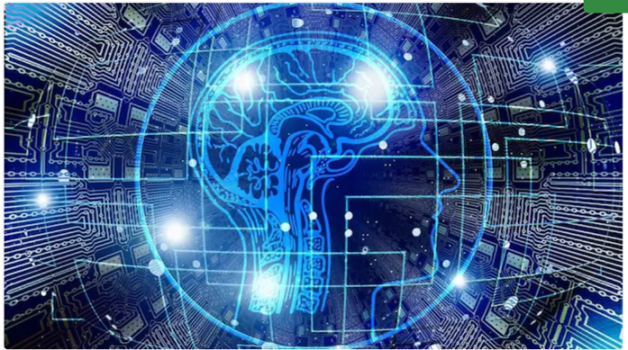K
Kathleen Martin
Guest
Organisations across industries embarked on technology adoption to overcome the challenges from the disruptions and the economic impact that followed during the road to recovery. Embracing digital business transformation has brought drastic shifts in how organisations operate, redefining roles and enabling employees to leverage the advantages of hybrid working and digital solutions.
Adopting hyper-automation technologies allows organisations to maintain a hybrid workforce of humans and software robots, working together to achieve business objectives. Besides error-proofing functions, limiting resource wastage, improving accuracy, enabling real-time data for decision-making, and resource optimisation, digital transformation journeys improve resilience and business continuity.
Business users are shifting from a pure technology play to a business and technology play, meaning their total dependency on information technology should reduce or disappear.
Artificial intelligence (AI) and low-code solutions seamlessly enable flexibility for business users, transforming roles and making a difference in how people work.
As organisations integrate AI and hyper-automation technologies to strengthen their operations, the significant impacts on future roles are given below:
1. WORKFORCE FLEXIBILITY
Organisations face the dilemma of meeting operational requirements during peak seasons or challenging scenarios requiring additional workforce on short notice. Ensuring job stability is vital for nurturing a sustainable work culture, job satisfaction, productivity, and organizational resilience.
Continue reading: https://www.indiatoday.in/education-today/featurephilia/story/with-artificial-intelligence-and-hyper-automation-the-future-of-work-is-changing-heres-how-2291493-2022-10-31
Adopting hyper-automation technologies allows organisations to maintain a hybrid workforce of humans and software robots, working together to achieve business objectives. Besides error-proofing functions, limiting resource wastage, improving accuracy, enabling real-time data for decision-making, and resource optimisation, digital transformation journeys improve resilience and business continuity.
Business users are shifting from a pure technology play to a business and technology play, meaning their total dependency on information technology should reduce or disappear.
Artificial intelligence (AI) and low-code solutions seamlessly enable flexibility for business users, transforming roles and making a difference in how people work.
As organisations integrate AI and hyper-automation technologies to strengthen their operations, the significant impacts on future roles are given below:
1. WORKFORCE FLEXIBILITY
Organisations face the dilemma of meeting operational requirements during peak seasons or challenging scenarios requiring additional workforce on short notice. Ensuring job stability is vital for nurturing a sustainable work culture, job satisfaction, productivity, and organizational resilience.
Continue reading: https://www.indiatoday.in/education-today/featurephilia/story/with-artificial-intelligence-and-hyper-automation-the-future-of-work-is-changing-heres-how-2291493-2022-10-31

